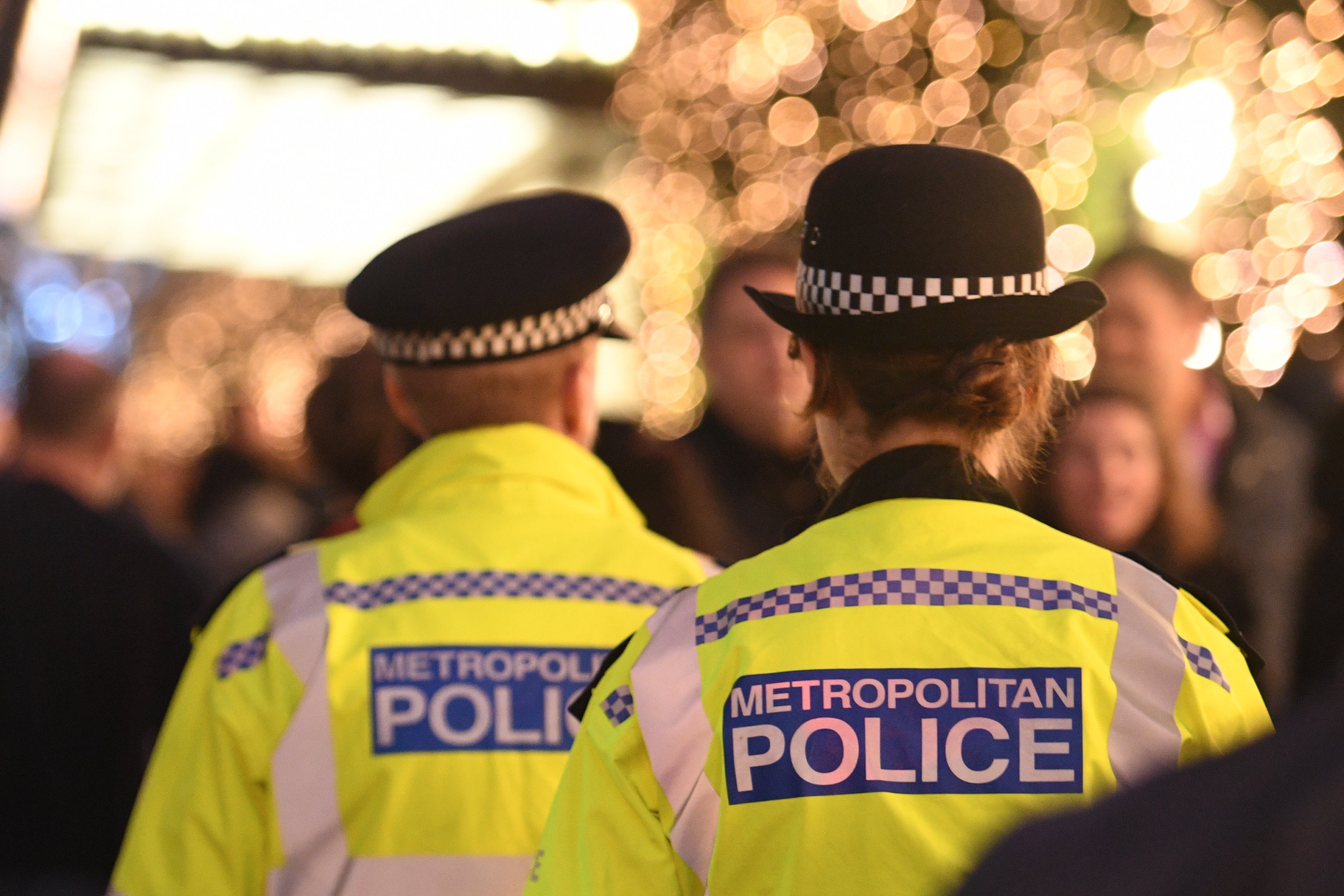MPs demand inquiry into ‘institutional homophobia’ at Met after Port probe
In a letter, 18 MPs said a lack of resources could not explain ‘the sheer number of failures’ by officers investigating the serial killer’s victims.

A group of London MPs are calling for a public inquiry into claims of institutional homophobia in the Metropolitan Police after an inquest concluded that failures by officers investigating the victims of serial killer Stephen Port probably cost lives.
Families of the four young gay men killed by sex predator Port have renewed accusations that police prejudice played a part in officers’ failure to listen to their concerns.
Dame Margaret Hodge said she and 17 other signatories had written to Met Commissioner Dame Cressida Dick “to demand a public inquiry considers whether the Met is institutionally homophobic”.
It comes after Dame Margaret, Labour MP for Barking, was told by the Met that an inquiry into the issue was not being proposed, according to the letter.
The letter says: “The police have admitted their mistakes, instituted new protocols, and emphasised that a lack of resources was to blame.
“However, resourcing alone does not explain the sheer number of failures by the police in this matter.
“The key question everyone is asking is yet to be answered – whether institutional homophobia in the Met played a role in these investigations.”
The letter concludes that it is “imperative that a public inquiry takes place urgently to consider if institutional homophobia played a role in this case”.
On Friday, the inquest jury found officers in Barking, east London, missed repeated opportunities to catch Port after he plied first victim Anthony Walgate with a fatal dose of date-rape drug GHB and dumped his body.
Port struck three more times before he was caught, killing each victim in near-identical circumstances, with police failing to link him to the other deaths despite detective work carried out by the victims’ family and friends that would lead to the culprit.
Officers had denied accusations of prejudice and homophobia, instead blaming mistakes on being understaffed and lacking resources, with some acting up in senior positions.
Jurors at the inquests into the deaths of Mr Walgate, 23, Gabriel Kovari, 22, Daniel Whitworth, 21, and Jack Taylor, 25, concluded police failings “probably” contributed to the deaths of the three last victims.
The MPs’ letter lists a “litany of failures” by police, including that the individual deaths were not properly investigated because “a presumption was made that these were young gay men, some of them ‘rent boys’, who were habitual GHB users and accidentally overdosed”.
“Throughout the 12 months the murders took place, family members, partners and friends of the victims were ignored by the police,” MPs wrote.
The letter also notes that of the 17 officers investigated for misconduct, none were dismissed.
Relatives of the victims welcomed jurors’ inquest conclusions but were disappointed that the coroner, Sarah Munro QC, ruled the jury could not make a finding on the issue of homophobia for legal reasons.
Port, 46, a bus depot chef, will die in prison after being handed a whole life sentence at the Old Bailey for the murders and a string of sex assaults.